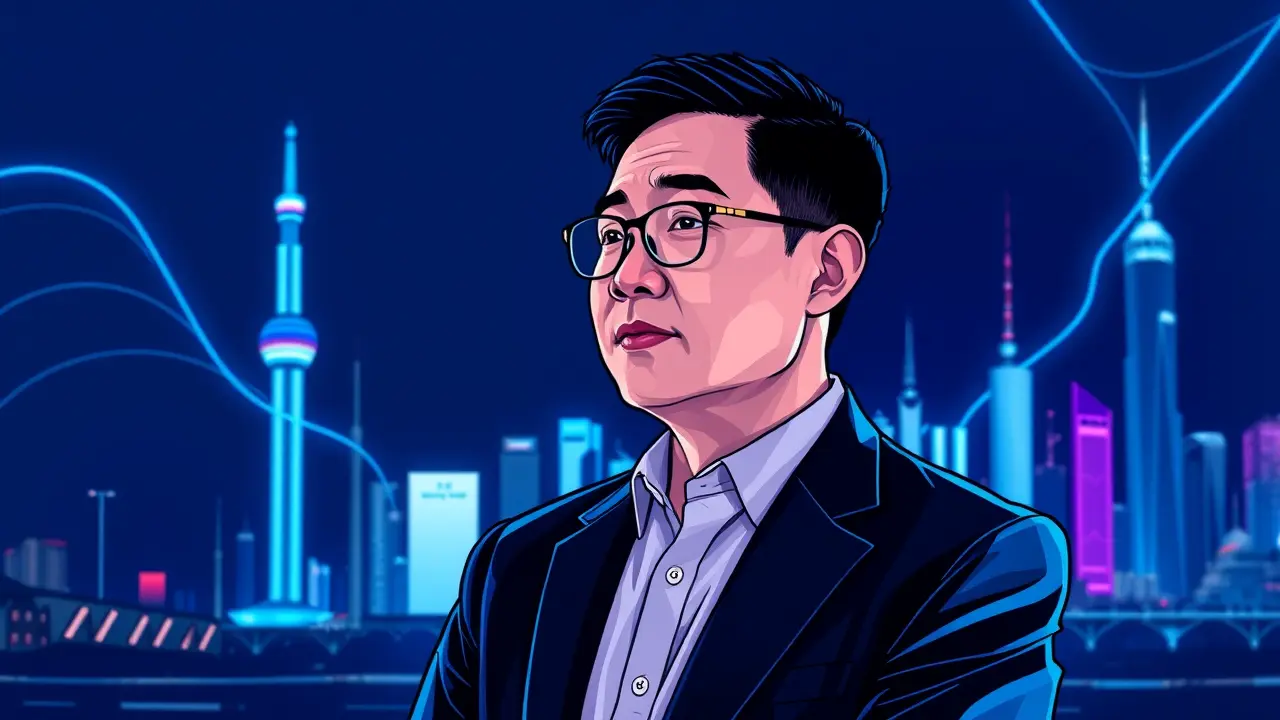ByteDance Founder Zhang Yiming Launches Talent Incubator in Shanghai
In a move that felt more like a carefully orchestrated chess play than a simple academic ceremony, ByteDance founder Zhang Yiming emerged from his characteristic low-profile existence this past Friday in Shanghai. His rare public appearance wasn't to address the elephant in the room—the escalating geopolitical drama surrounding TikTok's forced divestiture of its U.S. operations, a deal reportedly nearing finalization between Washington and Beijing—but to launch the Zhichun Innovation Centre, a talent incubator he co-founded with Shanghai Jiao Tong University's computer science professor Yu Yong back in April.This initiative, bankrolled by Zhang's and others' donations, presents a fascinating paradox. Here is a tech titan, the architect of a global social media empire now at the center of a digital cold war, quietly investing in the next generation of Chinese tech minds while his most famous creation is being methodically pulled apart on the world stage.It’s a classic long-game strategy that makes you wonder: is this a genuine philanthropic pivot towards nurturing homegrown innovation, or a strategic hedge, a calculated effort to future-proof China's tech sovereignty by cultivating domestic talent insulated from the volatile whims of international politics? Zhang, at 42, has always been an enigmatic figure, more akin to a master algorithm optimizing for long-term survival than a flamboyant CEO craving the spotlight. His retreat from day-to-day operations at ByteDance in 2021 was framed as a step back to ponder long-term challenges, and this new venture fits that narrative perfectly.The Zhichun Centre isn't just another corporate social responsibility project; it's a potential petri dish for the kind of foundational technologies—AI, semiconductors, quantum computing—that will define the next half-century of global power dynamics. By aligning with a prestigious institution like Shanghai Jiao Tong University, Zhang is tapping directly into the deep well of Chinese academic excellence, creating a pipeline that could bypass the need for Western technology and validation.This isn't merely about building a better app; it's about building a self-sufficient tech ecosystem. The timing is, of course, impeccably significant.As U. S.lawmakers cite national security concerns to effectively sever TikTok from its Chinese parent, Zhang's focus on a domestic talent incubator sends a powerful, albeit silent, message. It says that China's tech evolution will continue with or without Western markets, that the flow of ideas and innovation is being redirected inward.It reminds me of similar historical pivots during periods of technological blockade, where isolation bred a unique and formidable form of indigenous innovation. One can't help but draw a parallel to the early days of the Soviet space program, which, under pressure, cultivated its own brilliant engineers and achieved spectacular successes.The consequences of this are profound. For the global tech landscape, it could accelerate the bifurcation into distinct, non-interoperable digital spheres: one led by the U.S. and its allies, and another orchestrated by China.For young Chinese engineers and computer scientists, the Zhichun Centre represents an unparalleled opportunity to work with one of the generation's most successful tech founders, but it also potentially narrows their career trajectories towards serving national technological ambitions. The broader context here is the relentless U.S. -China tech war, where talent is the ultimate currency.While America uses legislative and regulatory tools to constrain Chinese tech giants, China is responding by doubling down on its most valuable asset: its people. Zhang Yiming’s Shanghai gambit is therefore more than a philanthropy story; it's a strategic maneuver in a much larger, high-stakes game where the future of technological supremacy is the prize. It’s a fascinating development to watch, a quiet but decisive countermove that could, in the long run, prove far more significant than the noisy political theater playing out over TikTok.
It’s quiet here...Start the conversation by leaving the first comment.
© 2025 Outpoll Service LTD. All rights reserved.
